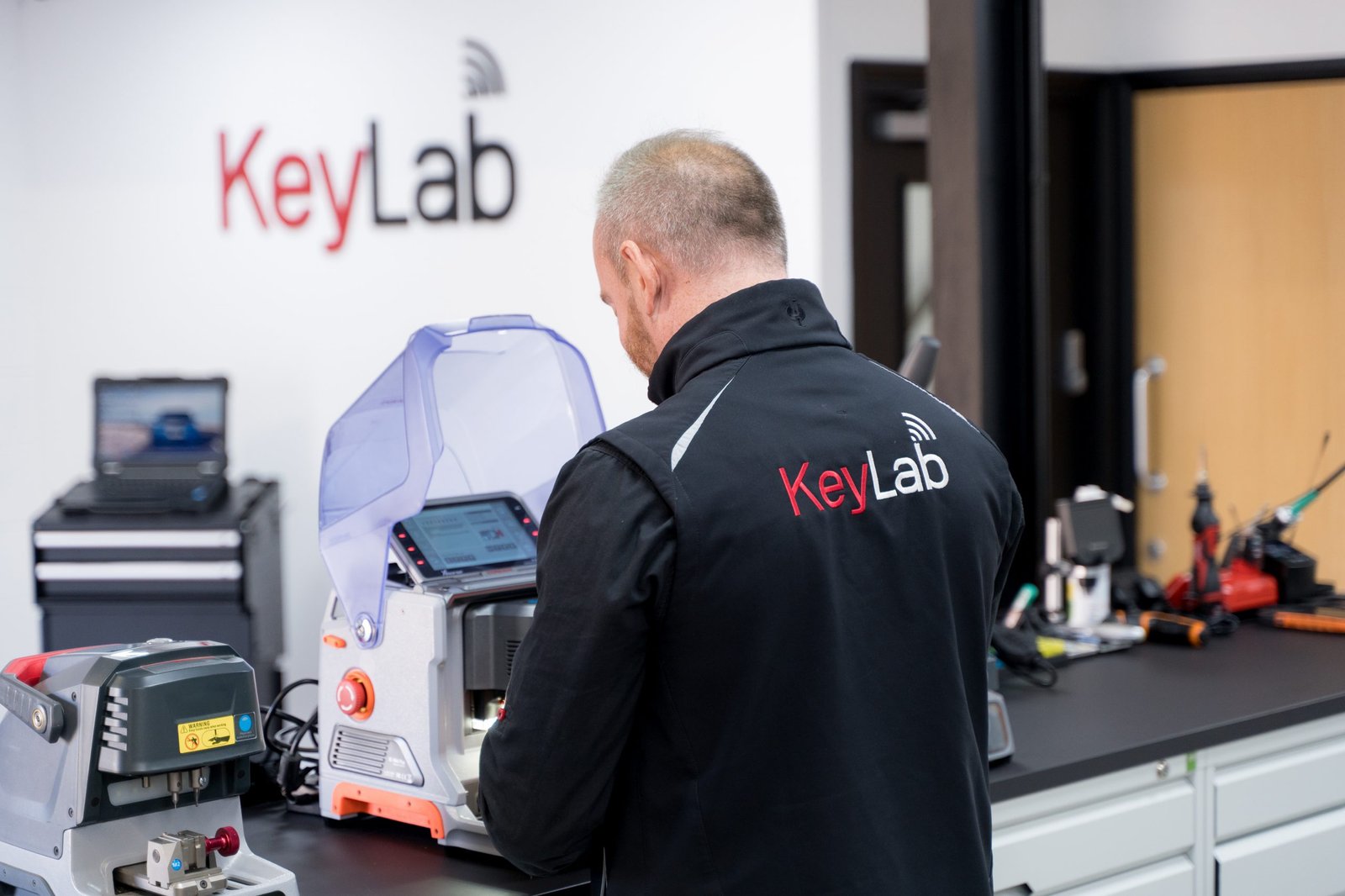10 Things People Hate About Car Key Repair
Comprehensive Guide to Car Key Repair: Everything You Need to Know
In today's world, car keys are essential to vehicle access and security. Emergency Car Opening or broken car key can be a significant inconvenience, leaving you stranded and annoyed. This article offers an extensive overview of car key repair, covering numerous kinds of keys, common problems, repair processes, and preventive procedures.
Kinds Of Car Keys
Comprehending the types of car keys is vital for detecting problems and evaluating repair choices. The main classifications consist of:
Traditional Metal Keys: These are the most basic form and are frequently used in older automobiles. They can easily be duplicated at hardware stores.
Transponder Keys: Equipped with a microchip, these keys interact with the vehicle's immobilizer system to grant access. They prevail in automobiles made after the late 1990s.
Smart Keys: Also referred to as proximity keys, these enable keyless entry and ignition. They utilize advanced technology and are frequently coupled with a push-button control.
Key Fobs: These devices provide remote control functions such as locking or unlocking the doors. They can be standalone or incorporated with clever keys.
Key Cards: Commonly found in high-end automobiles and newer models, these cards are utilized for keyless entry.
Table 1: Types of Car Keys
Type
Description
Common Issues
Conventional Metal
Basic cut metal keys
Breaking, flexing, problem in turning
Transponder
Key with embedded chip for extra security
Chip failure, programming problems
Smart Key
Keyless ignition with distance unlocking
Battery exhaustion, chip malfunction
Key Fob
Remote control for locking/unlocking
Battery problems, signal disturbance
Key Card
Credit card-sized gadget for access
Damaged card, electronic failures
Common Problems with Car Keys
Car keys can come across numerous concerns that might demand repair:
Physical Damage: Keys can bend, break, or become worn down, making them tough to use.
Transponder Issues: The microchip inside a transponder key may malfunction or fail, preventing the vehicle from beginning.
Battery Depletion: Smart keys and key fobs need batteries that can go out, leaving the owner locked out up until replaced.
Programming Issues: Keys need to be configured to the particular vehicle. If this programming is interfered with, the key will not function properly.
Lost or Stolen Keys: In the event keys are lost or stolen, replacement vital for security reasons.
Car Key Repair Process
Fixing a car key depends on the type of damage and key included. Below are typical repair approaches for various types of keys:
1. Traditional Metal Keys:
- Repair Method: If cracked or bent, a locksmith can often repair these keys by straightening or reshaping them.
- Replacement: If damage is extreme, replacement is required.
2. Transponder Keys:
- Repair Method: For malfunctioning chips, a locksmith can reprogram the key.
- Replacement: If the key is broken beyond repair, a new one should be configured to the car's system.
3. Smart Keys:
- Repair Method: Changing the battery may fix problems with a non-functional wise key.
- Replacement: If the key is harmed, it needs to be replaced and reprogrammed.
4. Key Fobs:
- Repair Method: Simple battery replacements or reprogramming can typically repair fob issues.
- Replacement: A brand-new fob will be necessary if physical damage appears.
5. Key Cards:
- Repair Method: In some cases, harmed cards can be repaired if the electronic parts are undamaged.
- Replacement: Often, replacement is needed if the card is extensively damaged.
Preventive Measures
Taking care of car keys can prevent common problems and extend their lifespan. Here are some preventive suggestions:
- Avoid Excessive Force: Use keys carefully to avoid bending or breaking.
- Regular Maintenance: Have your keys inspected periodically, particularly transponder and wise keys.
- Appropriate Storage: Store keys far from wetness and extreme temperature levels. Consider using a key holder to avoid wear from other keys.
- Limitation Exposure to Magnetism: Keep key fobs far from magnets and devices that might disrupt their signaling.
- Change Batteries Timely: Change batteries in key fobs and wise keys before they die to prevent lockouts.
FAQs
Q1: Can I repair a broken car key myself?
A: While some minor repairs, like battery modifications for fobs, can be done in the house, it's generally advised to consult a professional locksmith for considerable damages.
Q2: How much does it cost to repair or replace a car key?
A: Costs can differ commonly based on the kind of key, the vehicle's make and design, and the repair needed. Traditional keys might cost just ₤ 1 to duplicate, while wise keys can range from ₤ 100 to ₤ 400.
Q3: What should I do if I lose my car key?
A: If you lose your car key, get in touch with a locksmith or your vehicle dealer for a replacement. For included security, guarantee that the vehicle is reprogrammed to prevent unauthorized access.
Q4: How can I tell if my transponder key is malfunctioning?
A: If your vehicle fails to start or reveals cautioning lights, the transponder chip might be defective. Checking by a locksmith can confirm if the key is the problem.
Car key repair is an important element of vehicle maintenance that many owners ignore. By comprehending the different kinds of keys, typical concerns, and repair procedures, vehicle owners can make sure that they are gotten ready for any key-related obstacles. Preventive steps can even more boost the durability of car keys, eventually offering peace of mind and security for all drivers.
